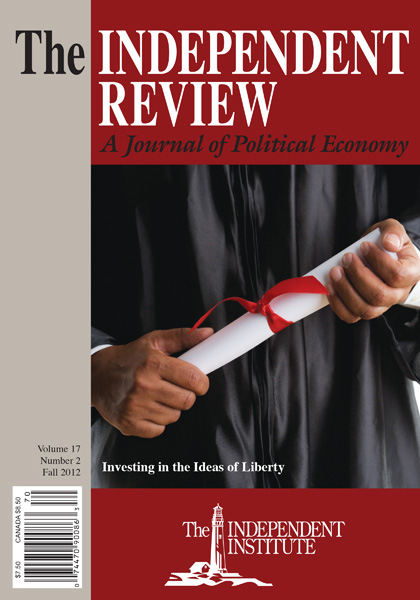The number of deaths on both sides of the Arab-Israeli conflict fell during the period of 1948 to 2010, and the per capita death rate declined even more sharply. This finding adds further support for the hypothesis that the extent and severity of war have been declining worldwide, an idea that merits greater attention from policymakers and military planners.
Article
In devising foreign and military policies, policymakers can adopt one of two broad perspectives about the nature of war. One is the “war-continuity” theory. In this view, war is a constant feature of human existence, an ever-present danger. This is the perspective of the “realist” school of foreign policy, which holds that nations have always strived and will always strive to dominate each other militarily. Those who adopt this position tend to argue that preparations for war must always be pursued strenuously because one can never tell who the next enemy will be or when the next big war will occur.
Thus, for example, the prominent University of Chicago political scientist John J. Mearsheimer, a self-declared “card-carrying realist,” sees great danger for the United States in China’s continued prosperity: “Can China rise peacefully? My answer is no. If China continues its impressive economic growth over the next few decades, the United States and China are likely to engage in an intense security competition with considerable potential for war” (2006, 160). Another exponent of the pessimistic view is Colin Gray, who declares that war “will always be with us” (2005, 24).
| Other Independent Review articles by James L. Payne | ||
| Winter 2017/18 | The Government Nobody Knows—nor Wants to Know | |
| Summer 2016 | Government Fails, Long Live Government! The Rise of “Failurism” | |
| Fall 2014 | The Real Case against Activist Global Warming Policy | |
| [View All (11)] | ||










